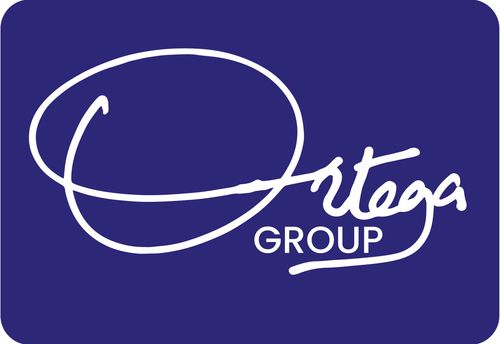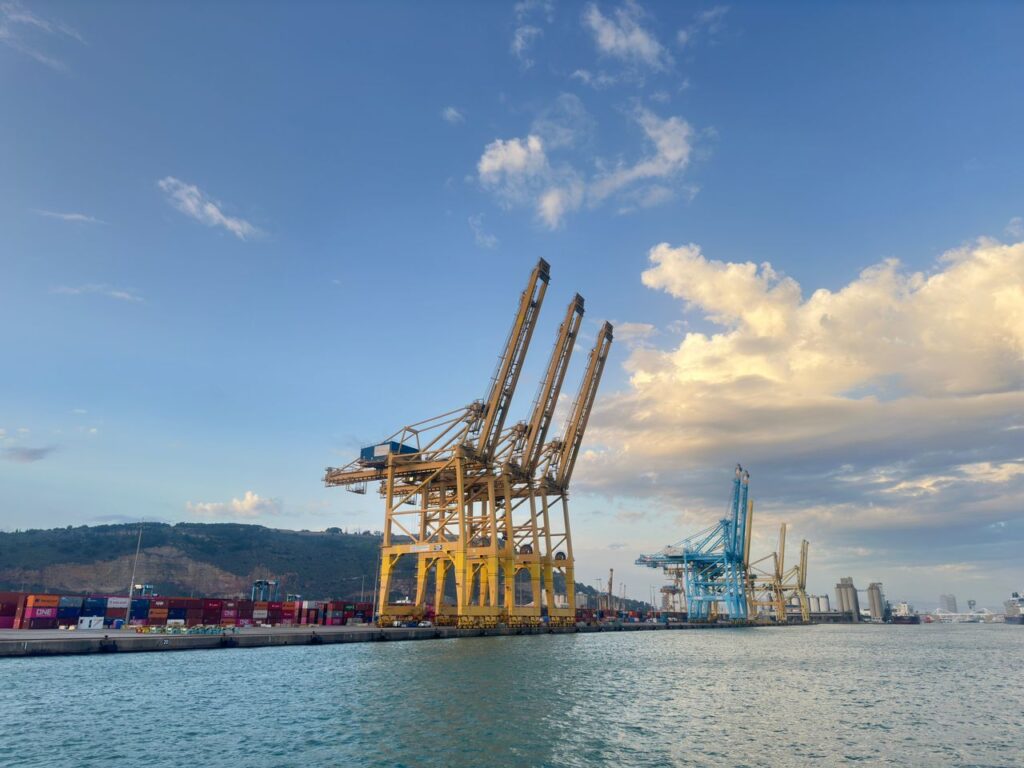By Ian Ortega
I have been thinking for quite some time about one of the biggest challenges of all time – the challenge of organization. This became evident during the times I worked as a Project Manager, first in Marketing and Innovation and then in the Supply Chain. And the longer I have lived, the more this challenge has shown its intensity.
I have looked back at my life and realized that organization could be accounting for more than we currently attribute to it. If I think about the Beavers, these groups of rats that build dams. It’s down to organization. Societies that get better at this skill can always conquer any other challenge. To organize is a challenge, yet those who crack at this challenge acquire the skill of organization.
You might be wondering, why is it that the best chefs may not be in position to run their own businesses? Because it takes more than being a good chef to run a great restaurant. It takes more than a good doctor to run a great hospital. Although one could also argue that rarely do those without the skill of organization make it to the best. That perhaps many could have become a Christiano Ronaldo, but few could beat him at the skill of organization.
Organization enables one to become great at reconciling contradictions, at navigating complexities, innovating at roadblocks and finding the open door when it all appeared that they were closed. Organization is the skill that enables one to start where they are and with what they have then they start to eat away at an elephant. You could say that many skills, many other attributes find unity in this one skill called organization. To be a good organizer means you’re also a good communicator. You’re able to have smooth information flows, to get the signals when it’s all noisy, to receive feedback, to amplify, and to follow-up. It also means that you’re great at unblocking constraints, at removing blockers, at dealing with conflict and re-tuning it as opportunity.
I have believed so much in the multipliers of organization that now I can boldly state the rule; ‘Organize or Perish’. Societies that do not learn to organize will perish or be conquered by those that are better at it. If you think of China, it comes down to organization. The ability to coordinate such a population into specific directions.
Of course, organization will always lead us back also to the table of culture. At O.G, we are obsessed about culture. You want to build a culture of organization or better we could say, an organizing culture. It’s a culture that quickly finds patterns, places talent where they are best suited for the given times and contexts. It’s agile, yet also slow and conservative on the things that do not require fast movement.
If you asked me, what eventually would separate two people, I will say, look at how they organize in their contexts. Those that organize better will always carry the day. We see results, but below the results is organization. If you think of that workmate that can find any of their documents within seconds, those that have organized everything down to a folder. Or those that have designed search strings to quickly look through webs of information. It’s organization. If you can organize better, the long-term is yours for the taking.
Featured Photo: The Port of Barcelona at three zones and 9 terminals, a model of port efficiency in the world, and organization.

